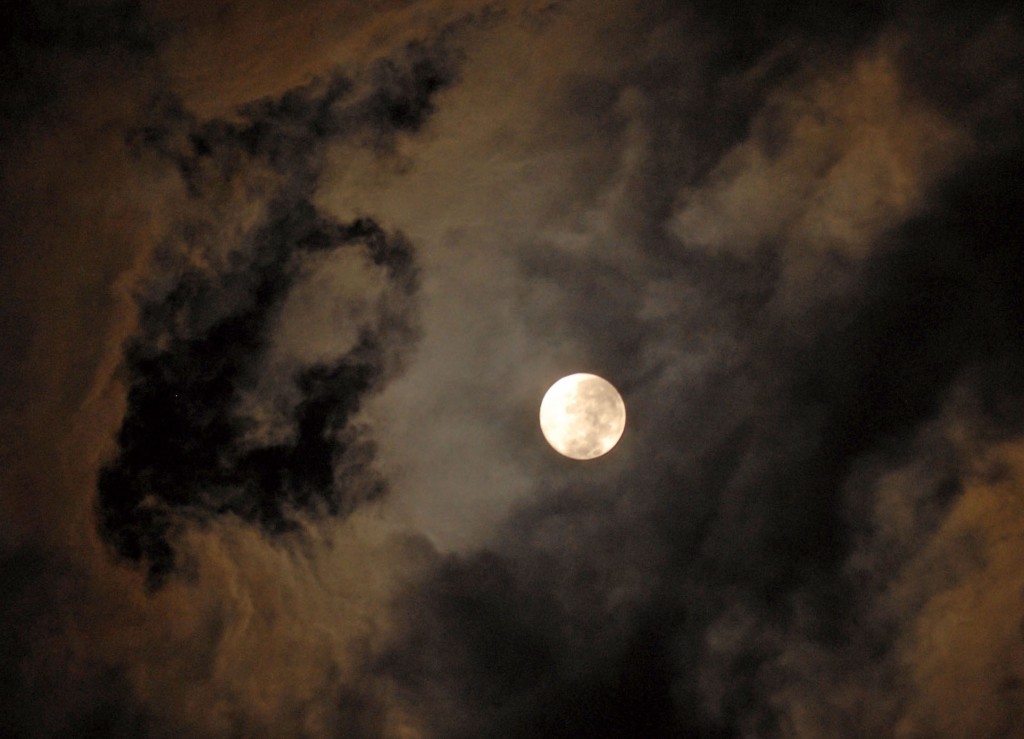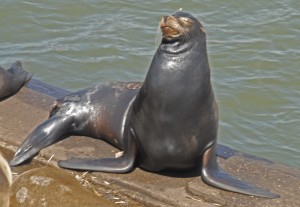In the Playing Big program, now a book, we talked about fear — and it’s closely connected opposite — awe.
As often happens when one is focused on a certain topic, suddenly that topic appears everywhere. There are many words that have sprung up for me that reflect a sense of awe — yirah, joyfear, radical amazement, and wonder. Read what Tara Sophia Mohr has to say about fear and awe on Jonathon Fields’ blog. She explains the word yirah (from Rabbi Alan Lew), which is a combination of fear and awe that is different from our reptilian brain (or reactive fear).
Yirah is the fear that shows up in those moments when we uncover a dream, access our real feelings about an important situation, or contemplate taking a big leap toward a more authentic life. We feel sacred awe, which has a kind of trembling in it. ~ Tara Sophia Mohr
Leo Babauta of Zen Habits created his own word, JoyFear, which I think is brilliant, because, by joining the words joy and fear, he shows visually how closely connected these two words are. As an example, the births of his children were experiences of JoyFear, where one feels intense joy and intense fear at the same time. As Babauta reflected on his life, he realized that in all of the most defining moments of his life, he experienced this JoyFear.
Do not shy away from Joyfear. Seek it out. Recognize it when you happen upon it. Joyfear will change your life. ~ Leo Babauta
My women’s group is discussing the work of Abraham Joshua Heschel, who coined the term “radical amazement.” I first heard this term in the book of the same name by Judy Cannato, about the intersection of science and spirituality. Cannato begins her book with a quote by Heschel.
Awareness of the divine begins with wonder.
She explains that radical amazement may begin with an “event” that inspires awe, but goes beyond that. According to Heschel,
Radical amazement refers to all reality; not only what we see, but also to the very act of seeing, as well as to our own selves, to the selves that we see and are amazed at their ability to see.
To me, that’s about recognizing and being grateful for the mystery that surrounds us, no matter what we believe or don’t believe spiritually. The word “wonder” also describes a sense of awe. Jeffery Davis of Tracking Wonder, tells us why it is so important to cultivate a sense of wonder, personally and professionally.
Wonder opens us to possibility more than to problems, to creativity more than reactivity. Wonder opens the mind with surprise. It cracks rigid preconceptions and stiff assumptions wide open. Anyone who wants to make a real difference in this changing world needs wonder on the team.
I experience fear and awe in the power of nature and of love, in the uncertainty of life, and in the untapped but awesome potential of humans.
Where do you experience fear and awe together?
Related Links
Radical Amazement – the book by Judy Cannato (paid link)
The Spiritual Audacity of Abraham Joshua Heschel – NPR’s On Being

